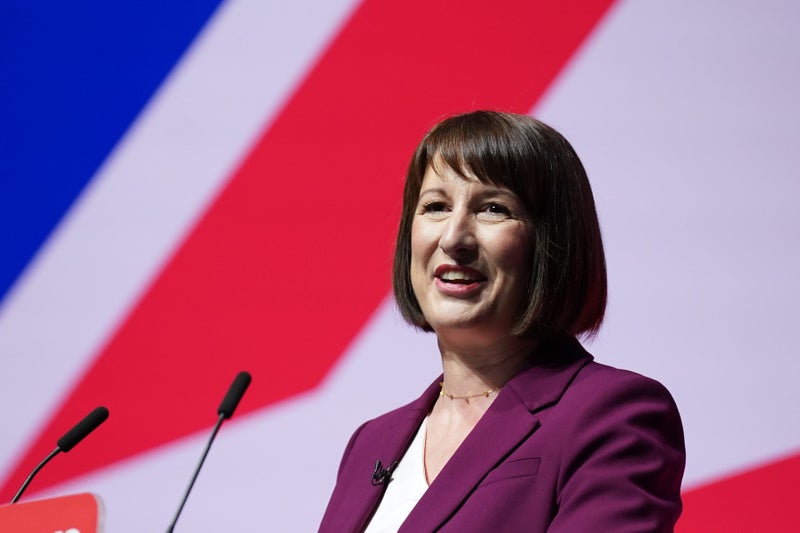HAMISH MCRAE: UK can benefit from India's economic take-off
Share:
The world's fifth largest economy is growing at 5.4 per cent a year and people here in India's capital city are worried that something has gone wrong because the Reserve Bank of India's forecast was 7 per cent. It is an extraordinary testimony to the scale of the country's achievement: that the world's most populous country is also its fastest-growing large economy, even when it hits a bump on the road.
India's economic take-off is a story with profound implications for its 1.44 billion people, but also for its trading partners, especially the UK. Until you come here, you don't realise the scale of the transformation over a generation from a relatively slow-growth economy, held back by regulation and corruption, to one that is now blowing the lights out.
It is hard to see any set of circumstances whereby it won't become the world's third-largest, after the US and China, by 2030. That path to number three is the theme of a conference I am attending, so the idea that this will be India's destiny is a hot subject right now.
Achievement: India's economic take-off is a story with profound implications for its 1.44 billion people. What could hold India back, and why is its success crucial to us?. It is usually easier to see negatives than positives, and there are plenty of those. They include inflation – 6.2 per cent in October and way above the Reserve Bank of India's target of 4 per cent.
The governor of the RBI was not reappointed last week. There are concerns about corruption, about governance, about pollution, about climate change (excessive heat was one of the most Googled searches this year), about the general level of education, and about how the surge of wealth is failing to trickle down to the still-huge ranks of the poor.






















